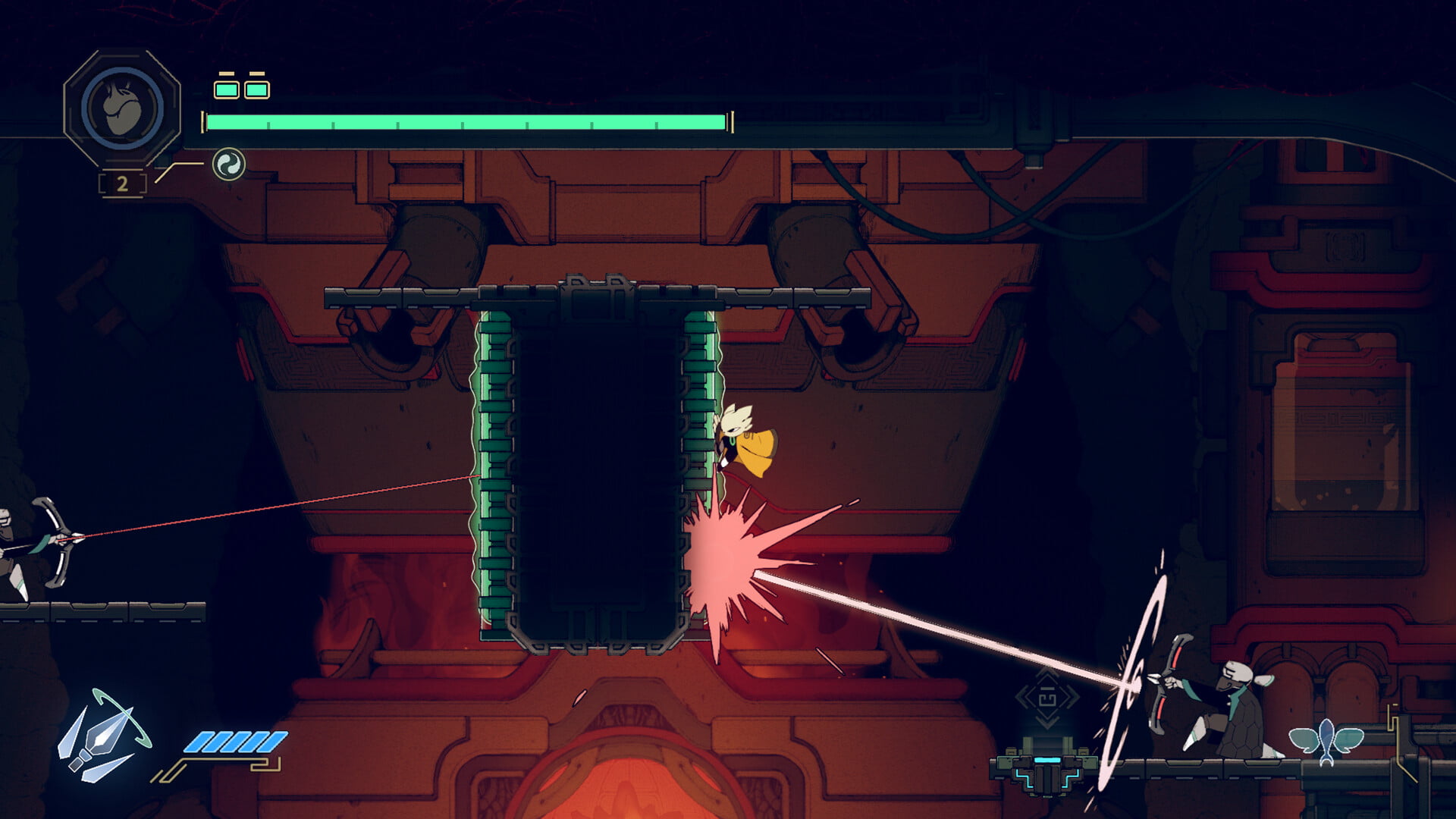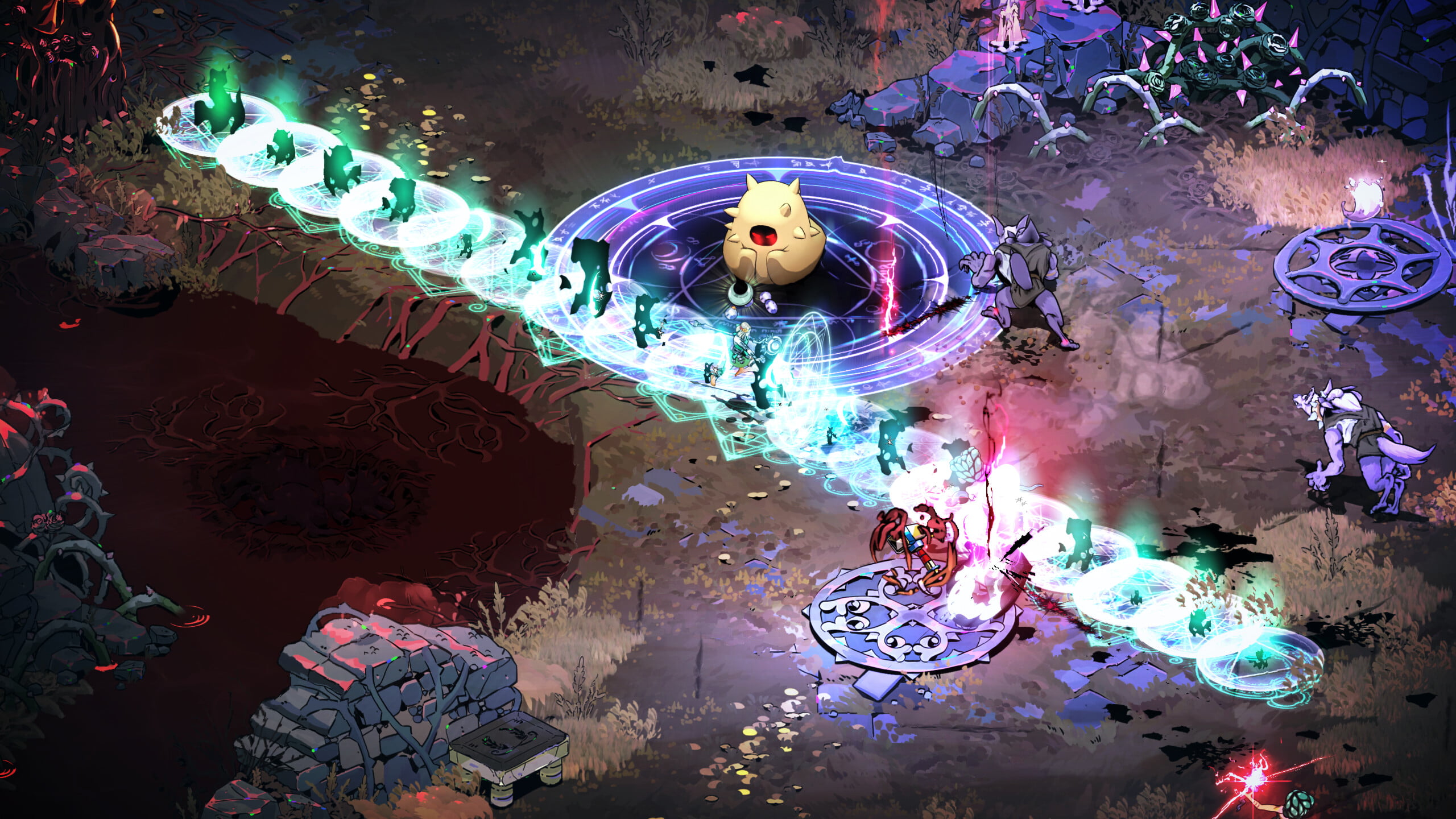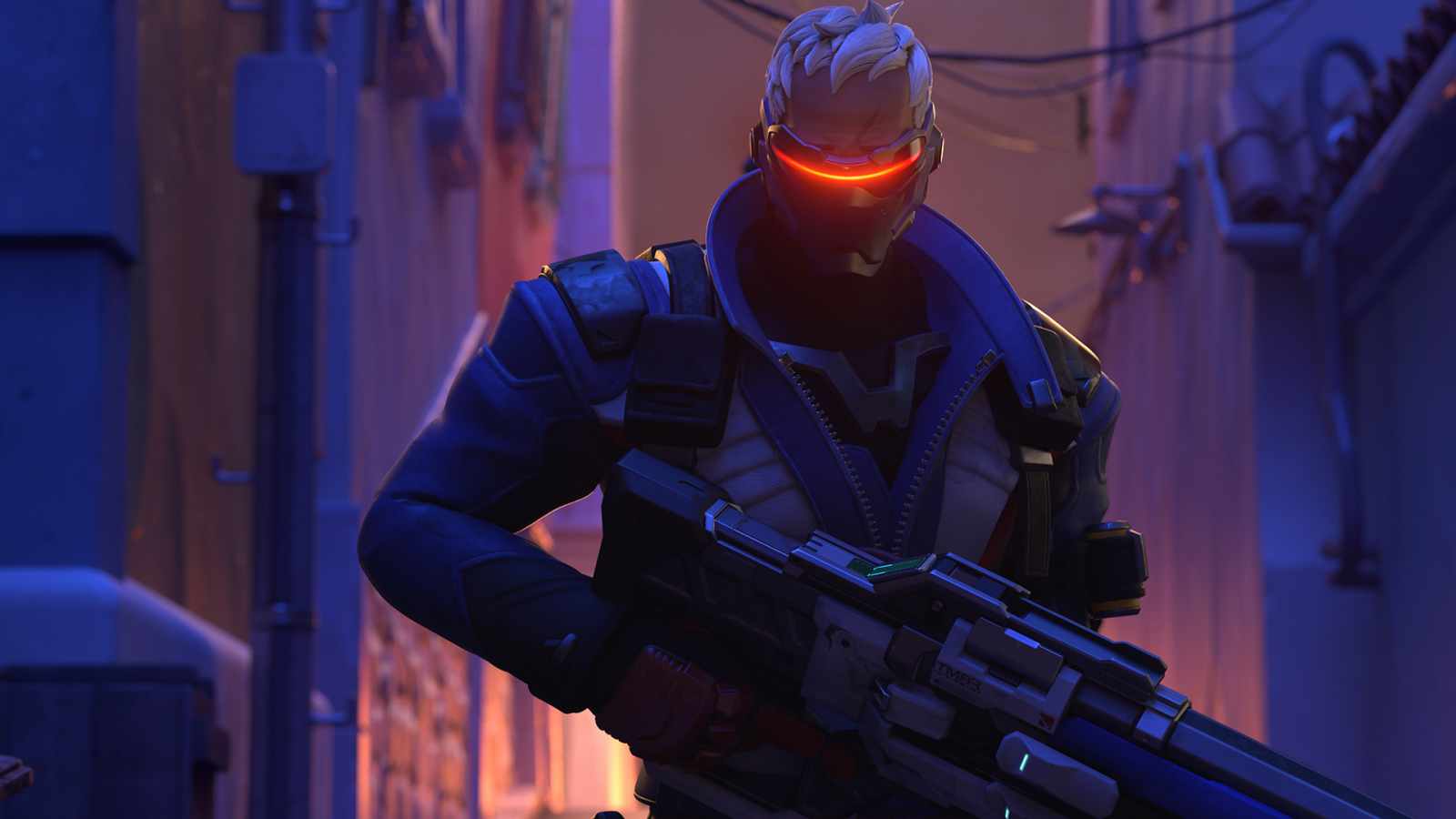Pokemon Go, the augmented reality mobile game that brings Pokemon onto the fields and streets of this planet hasn’t officially launched in every major country yet. One thing has become very clear already, though. We all live in a Pokemon world.
It’s taking over social media, lunch breaks and commutes. New trainers of all walks of life, meeting up by chance at local poke-spots in the quest to catch ‘em all. While the stories of strange and horrifying situations like the woman who found the corpse instead of a Goldeen will crop up, what’s far more interesting to me is the social implications.
The ideas and systems behind Pokemon Go are not totally new. Many of the poke-spots, gyms and the basis of the game are almost air lifted from the last game developer Niantic created, Ingress. A game that birthed many of the ideas found within Pokemon Go, but had limited reach. Raise your hand if you knew what Ingress was before this came out; anybody?
Already topping the charts in the App stores where it’s properly available, and tons of empirical evidence showing the boom available to anyone who cares to look, Pokemon hasn’t had this kind of reach since the 90’s. All off a concept largely lifted from a far more niche mobile game. This certainly speaks to the power inside Pokemon as a brand, and perhaps, further legitimizes gamification as a concept.
IGN’s Terri Schwartz made a case for Pokemon Go as the greatest incognito exercise app available in a recent column, which I would have to agree with, but my immediate question is ‘why?’. The best answer to my mind, is Pokemon Go has given a secondary goal to pursue. One of the approaches to applying game design to an everyday activity, or gamification, is setting a goal to pursue an end.

I must admit I fell to the lure of the tactic myself. I’ll be the first to admit that I don’t get nearly as much physical activity as I should. Pokemon Go, however, was the primary goal of me taking a walk today. Even though it ended with an unneeded stop to 7-11 probably undoing the whole thing, I went for a walk for no particular reason other than to see what kind of journey I might have on the way to becoming the very best.
This is a powerful, psychological thing, taking something mundane or even outside the realms of something one typically enjoys, like walking for me, and turning it into something engaging. I wasn’t forced into going outside by the app giving me an arbitrary order or schedule telling me it was now “work” time. The only difference between today, and yesterday when I did very little physical, is this small carrot. A little extra goal that made work into fun.
Reach is where the Pokemon magic comes in. Ingress had this magic, sci-fi thing going on, but without question, very few series can boast the cross-generational staying power and popularity of Pokemon. The power of gamification is still being figured out, but nobody can argue against the ability of popular media to influence cultures and bring people together.
Pokemon is one of the few with not only the brand awareness to pull it off, but also the in universe logic to make it work. The DNA of Pokemon, what captured our imaginations since they stormed the planet 20 years ago, is the concept that these creatures could live alongside us, found in the fields and streets, collected and befriended. Actually putting these creatures in our world, even in an artificial, augmented way? It’s tailor made to capture the imaginations of those who grew up with Pokemon and those who still are growing up with it.
Pokemon has had a social effect since the beginning as well. Though trading and directly battling isn’t (yet) part of the Pokemon Go design, we’ve already seen communities form around the game, cataloging Poke-spots, teams collaborating and conspiring to take down territory controlling gyms and just plain old running into each other as they’re out in the wide Pokemon world.
The exciting part, this is only the beginning. The nature of being a mobile app means we can likely expect updates for many years to come, and years of content to keep things fresh. Games and game design have been bringing people together for a long time. What a few very simple game design elements can mean to influencing things much larger than themselves, such as getting a population to reconsider staying on the couch, could change lives.




